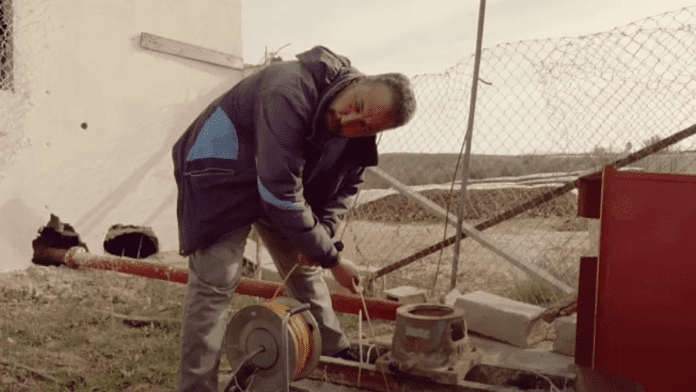News in Brief:
– Farmers in Portugal’s Algarve region use the eGroundwater project to manage water amid severe drought.
– The initiative empowers local communities with technology, fostering sustainable agriculture and resilience.
In the drought-prone Algarve region of Portugal, farmers are now taking water management into their own hands, thanks to the innovative eGroundwater project. As climate change exacerbates water scarcity, this citizen-driven approach offers a beacon of hope for sustainable agriculture.
Groundwater is crucial, supplying 65% of drinking water and 25% for agricultural irrigation in the EU, according to the environmental agency. However, overexploitation and climate change are depleting this resource, especially in urbanising regions. Southern Portugal, experiencing severe drought and declining rainfall, faces significant agricultural productivity challenges.
Empowering farmers with technology
Led by environmental scientists from the University of Algarve, the eGroundwater project utilises a mobile application to involve farmers directly in water management. This app provides consolidated information on water supplies, allowing users to upload and share their own data. It integrates seasonal meteorological forecasts from the Copernicus Climate Change Service (C3S), helping farmers predict their water quota and optimise irrigation.
This initiative represents a paradigm shift, giving power back to the farmers. By incorporating Big Data and Enhanced Information Systems (EIS), the platform addresses data scarcity, a critical issue in groundwater management. Farmers can now simulate water usage, co-build management scenarios, and set up a citizen information system on groundwater availability.
Real-world impact of eGroundwater
The eGroundwater approach is proving successful not only in Portugal but also in Morocco, Algeria, and Spain. Transparency and accountability are key to its success, with local communities feeling more connected and responsible for water management.
In the underground layer of water under the Campina de Faro region in Portugal’s Algarve, early interest in the project suggests a positive outlook for tackling water scarcity. Despite initial challenges, such as low user trust and lack of incentives, the project is building resilience in local communities. Farmers are becoming more adept at managing water resources, leading to potentially happier and more efficient agricultural practices.



